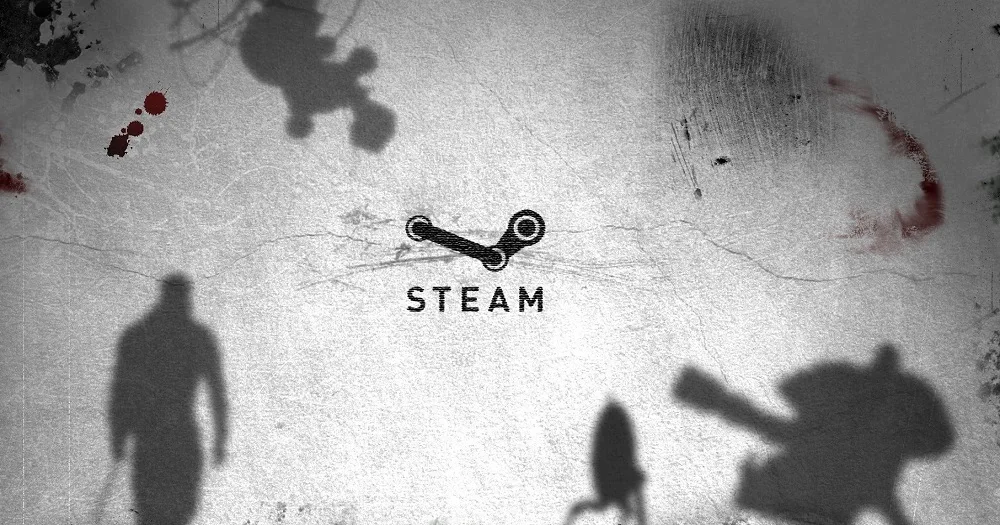
Valve: The Anarchic Titan of the IT and Gaming World
Valve Corporation, known for its unconventional approach and disruptive innovations, stands as a paragon of success in the IT and gaming industry. From its inception to becoming the developer of the world’s largest digital distribution platform for PC gaming, Valve’s journey is a testament to the power of innovation, freedom, and a bit of controlled chaos.
Company Background
Founded in 1996 by former Microsoft employees Gabe Newell and Mike Harrington, Valve broke into the scene with its debut title, “Half-Life,” in 1998. This game not only revolutionized first-person shooters but also established Valve as a company willing to push the boundaries of what games could be. Valve’s philosophy from the start was to create immersive experiences, driven by storytelling and innovative gameplay.
Valve Corporation: Birth and Growth
The birth of Valve was marked by a desire to create games that the founders themselves wanted to play. This led to the development of “Half-Life,” which received universal acclaim and numerous Game of the Year awards. Building on this success, Valve continued to develop iconic titles like “Portal,” “Team Fortress,” and the “Half-Life” sequels, each further cementing its reputation for quality and innovation.
Steam: Revolution in the Gaming Industry
In 2003, Valve launched Steam, a digital distribution platform that would eventually transform the gaming industry. Initially created to update their own games more efficiently, Steam grew into the most significant digital distribution platform for PC gaming, offering thousands of games and serving millions of users worldwide. It revolutionized how games were sold and updated, moving the industry away from physical copies and towards a more flexible, digital future.

Scandals
Valve’s journey hasn’t been without controversy. The company faced criticism and legal challenges over the gambling network that emerged around “Counter-Strike: Global Offensive” (CS:GO). Accusations centered on the trading and betting of in-game skins, leading to debates over gambling laws and the responsibility of game developers in policing their platforms. Unpacking the skins was reminiscent of the gameplay in spillehallen casino, and by law, games should not resemble playing slot machines. Valve responded by issuing cease and desist letters to gambling sites and making adjustments to the trading system, highlighting the challenges of managing a vast digital economy.
Innovation and the Future
Despite the controversies, Valve’s commitment to innovation remains unwavering. The company continues to explore new territories, such as virtual reality with the Valve Index, and maintains a significant presence in game development and online retail. Valve’s structure, famously flat and devoid of traditional hierarchies, fosters creativity and allows for the rapid development of new ideas. This environment, while anarchic to some, is precisely what enables Valve to stay at the forefront of technology and gaming.
Valve’s story is one of ambition, creativity, and resilience. From revolutionizing the first-person shooter genre to creating the most influential digital distribution platform in gaming, Valve has consistently pushed the boundaries of what’s possible. As the company looks to the future, its legacy of innovation and its willingness to tackle the challenges of the digital age head-on ensure that Valve will remain a key player in the IT and gaming industries for years to come.
